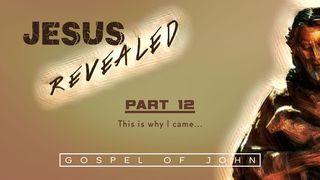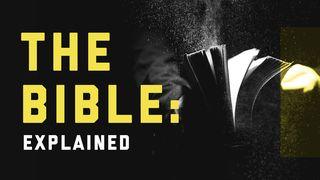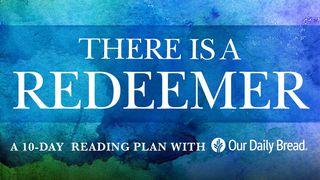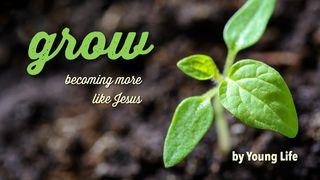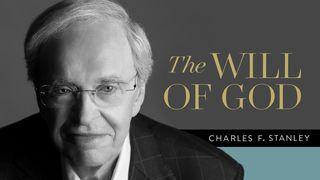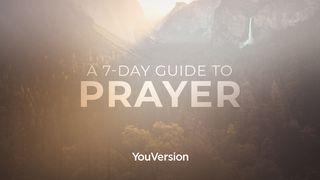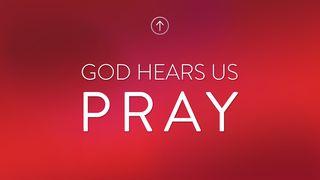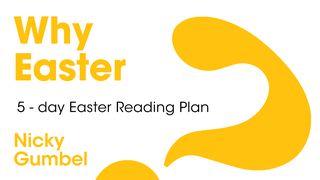Our Daily Bread - Bible BasicsSample
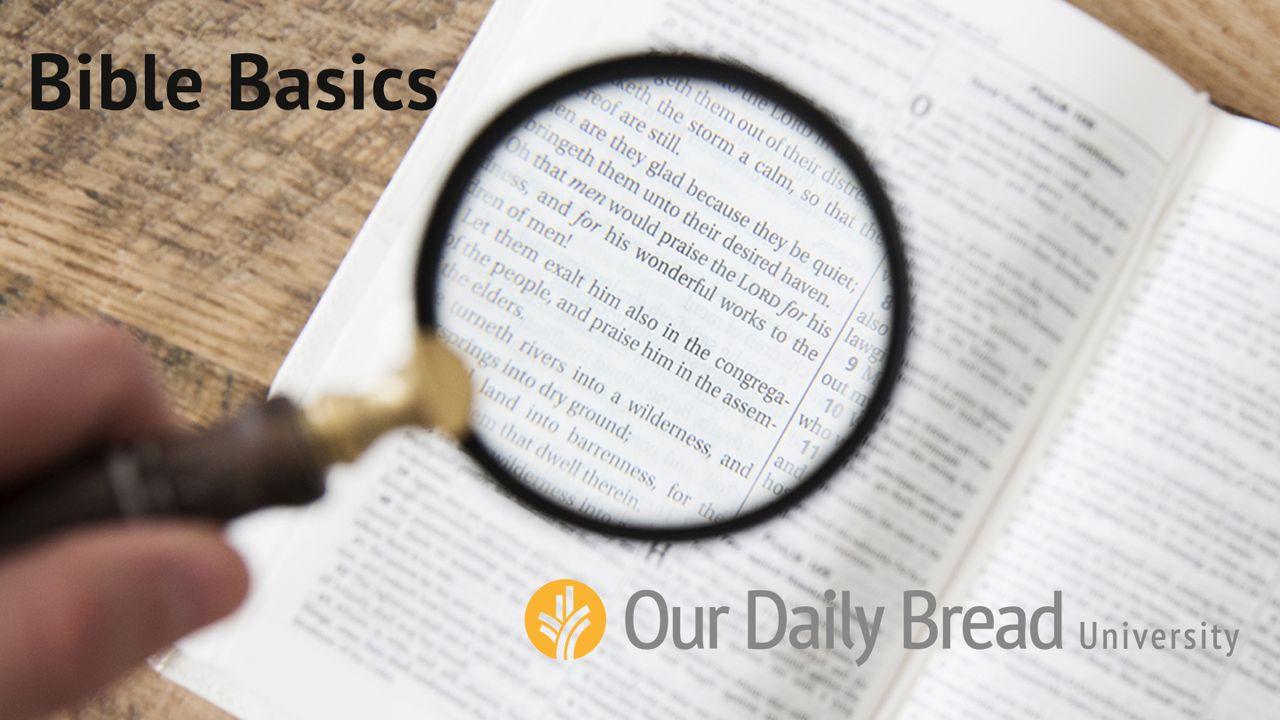
2. Acts: History
The hopes of Jesus’ disciples were crushed when Jesus died. His crucifixion had left them scattered and disillusioned. The news of His resurrection, however, brought them hope, and His appearance transformed them. From that little band of men, the church grew rapidly to worldwide dimensions. The book of Acts tells the story of the beginnings of the church. We will look at it under four headings: power, proclamation, persecution, and Paul.
Power (Acts 1–2:13). Before Jesus ascended to the Father, He told His disciples to wait in Jerusalem until the coming of the Holy Spirit. Ten days later, as the disciples were gathered on the Day of Pentecost, the Holy Spirit came.
When the Day of Pentecost had fully come, they were all with one accord in one place. And suddenly there came a sound from heaven, as of a rushing mighty wind, and it filled the whole house where they were sitting. Then there appeared to them divided tongues, as of fire, and one sat upon each of them. And they were all filled with the Holy Spirit and began to speak with other tongues, as the Spirit gave them utterance (Acts 2:1-4).
This marked the beginning of the church, the “called out ones” of all generations who compose the body of Christ. What appeared to be flames rested on each of the disciples, and they began to speak in foreign languages they had never learned. A sound like a howling wind caused a crowd to gather, and people from many countries heard the disciples speaking in their native dialects. That great institution for this age, the church, had begun.
Proclamation (2:14–3:26). Jesus had said that the disciples would receive power to become His witnesses. The very day they received that power, they began to proclaim Christ. Peter stood and addressed the crowd with great courage. The theme of his sermon was this: You crucified your long-awaited Messiah, but God raised Him from the dead. When the people asked what they should do, Peter replied:
Repent, and let every one of you be baptized in the name of Jesus Christ for the remission of sins; and you shall receive the gift of the Holy Spirit (2:38).
That day about 3,000 people trusted in Christ, and the church began to grow. Peter and John preached again in Solomon’s portico, and many more believed in the saving message of the gospel.
Persecution (Acts 4:1–8:3). With growth came opposition. Peter and John were arrested for preaching, threatened, and ordered to stop. But they refused to obey the order and prayed for even more boldness to preach. The Sadducees were jealous of the apostles’ popularity, so they had them arrested and imprisoned. After they were freed by an angel the apostles were recaptured and brought before the Jewish council, where they were beaten and commanded not to preach. They told the council that they would obey God rather than men, and they continued daily in their preaching and teaching.
The religious leaders’ hatred of the Christians finally focused on Stephen. When he was brought before the high priest, Stephen preached with tremendous power, concluding his address with these strong words of condemnation:
You stiff-necked and uncircumcised in heart and ears! You always resist the Holy Spirit; as your fathers did, so do you. Which of the prophets did your fathers not persecute? And they killed those who foretold the coming of the Just One, of whom you now have become the betrayers and murderers, who have received the law by the direction of angels and have not kept it (Acts 7:51-53).
The crowd was furious. Stirred up by the religious leaders, they stoned Stephen to death. A man in that crowd named Saul held the garments of those who threw the rocks. He then took the lead in persecuting Christians, going from house to house and imprisoning men and women alike. The followers of Jesus fled Jerusalem, and wherever they scattered they took the gospel with them. Some went to Damascus, and Saul got permission to go and arrest them.
Paul (Acts 9:1–28:31). As Saul was traveling to Damascus, a brilliant light stopped him and forced him to the ground. A voice spoke to him from the light. When Saul asked who was speaking, Jesus identified Himself. In an instant Saul was converted. He said, “Lord, what do you want me to do?” Blinded, he was led to the house of Judas in Damascus, where the Lord used Ananias to restore Paul’s sight.
What a transformation! The persecutor became a follower; the antagonist became a believer. He would become the great missionary to the Gentiles—the one who would break the European barrier and take the gospel to the very heart of Rome itself.
Paul was called to carry the gospel to the Gentiles. Accompanied by Barnabas, Silas, or Timothy, he went into city after city to proclaim Christ. His method was to go to the synagogue and teach as a rabbi. Usually the Jews would resist him, but he would still gather a following. He would then stay in the city, meet with the believers in homes, and continue to preach and teach as long as it was safe. Sometimes it would take beatings, scourgings, or imprisonment to make him move on. Thousands believed and churches were established in private homes. After Paul moved on, he often wrote to the churches to confirm the believers in the faith, to correct their doctrine, or to instruct them in Christian behavior.
The day came when Paul could no longer avoid imprisonment. He was arrested in Jerusalem, where he appealed to his Roman citizenship. He was transported at night to Caesarea, before being sent to Rome, where he remained under house arrest for 2 years. But he was still able to preach and teach and correspond with the churches he had planted.
The initial work was done. The church, firmly established in Jerusalem, had spread throughout the Roman world. Many thousands of people from all walks of life had believed. And the flame that was ignited on Pentecost still burns brightly today.
Seeing God. We can know God better through the history of the church recorded in Acts. Consider the following:
In the coming of the Comforter, we see that God does not leave His people without help (Acts 2).
In the establishment and growth of the church, we see that God has provided for the spiritual and personal needs of believers (Acts 2:40-47).
In the boldness of the disciples, we see the power of the Holy Spirit available to us today (Acts 4:33).
In the persecution of the Christians, we see the way God turns adversity into opportunity and accomplishment (Acts 8:4).
In the missionary journeys, we see how God backs up His commission with His help (Acts 16:20-26).
Scripture
About this Plan

Are you curious about the Bible? Is any of it even relevant for today? The Bible Basics devotional provides you with an overview of the Bible and will demonstrate how the Old and New Testament books fit together. You will discover spiritual insights that will speak to your heart today and understand why the Bible has become an enduring and influential book. .
More
We would like to thank Our Daily Bread for providing this plan. For more information, please visit: http://odbu.org

